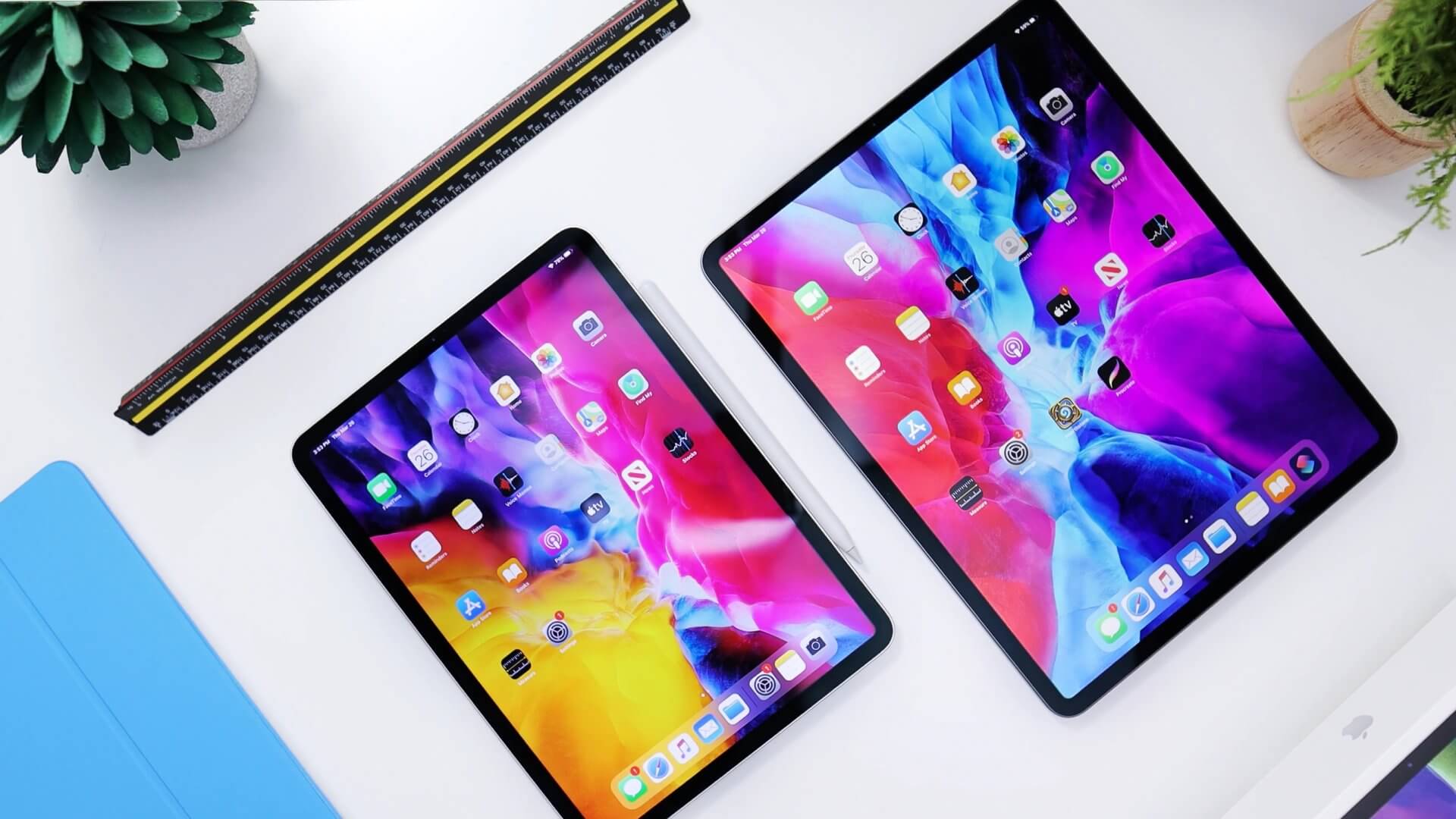“Effective delegation centers around empowering others to achieve greatness, while maintaining control of the overall vision.”
Delegation is an essential skill for any effective leader or manager. It involves assigning tasks and responsibilities to others to achieve desired outcomes. Mastering the art of delegation not only lightens your workload, but also empowers your team members to grow and excel. Here are a few key principles to ensure effective delegation:
1. Clear Communication: Clearly communicate the task’s objectives, expectations, and deadlines to your team members. Be specific about what needs to be done and why it matters. Encourage them to ask questions and provide any necessary guidance.
2. Right Person, Right Task: Assign tasks to team members based on their strengths, skills, and interests. Consider their workload and availability as well. Matching the right person to the right task increases the likelihood of success and motivates individuals to give their best.
“Delegation however doesn’t absolve the leader of being accountable for the task/goal.”
3. Provide Adequate Resources: Ensure your team members have access to the necessary resources, tools, and information to complete the delegated task. This includes training, support, and any relevant documentation. Clear any obstacles that may hinder their progress.
4. Trust and Empower: Delegate authority along with responsibility. Trust your team members to make decisions and take ownership of their tasks. Give them room to exercise their creativity and problem- solving skills. This not only builds their confidence but also fosters a sense of ownership and accountability.
“Alone, you may go fast. With others, you may go far, but with effective delegation, you will both go far and fast!.”
5. Monitor and Support: Regularly check in with your team members to monitor progress, offer support, and provide constructive feedback. Be available to answer questions and address any concerns they may have. Encourage open communication and create a supportive environment.
6. Recognize and Appreciate: Acknowledge and appreciate your members’ efforts and achievements. Recognize their contributions and provide positive reinforcement. Celebrate milestones information to complete the delegated and successes together, fostering a culture of appreciation and motivation.
Delegation is a powerful tool for effective leadership. By mastering this art, you not only enhance your own productivity but also cultivate a high- performing and empowered team. Remember, effective delegation is a skill that requires practice, patience, and continuous improvement.



